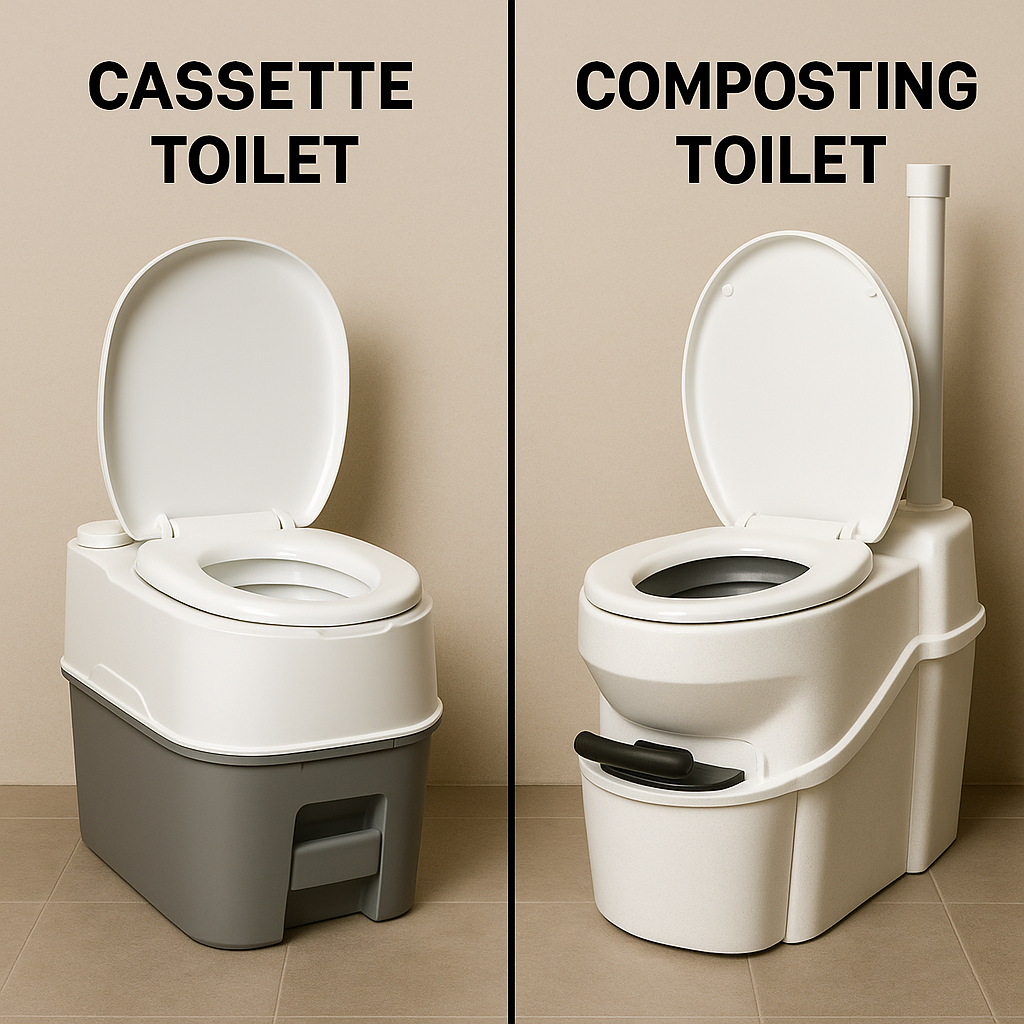The Hidden Genius in Your Bathroom: How a Toilet *Actually* Works
You use it every day without a second thought. You push the handle, a vortex of water appears, and everything vanishes. But behind that simple ceramic throne lies a masterpiece of 18th-century engineering that uses nothing but gravity and the physics of siphoning to perform a powerful, clean flush. As a master plumber, I’m here to give you a tour of what’s happening inside that tank and bowl. Understanding it can save you from a costly plumbing call.
Meet the Players: The Anatomy of a Toilet Tank
Before we break down the flush, let’s get to know the key components working together inside the tank (the top box) of your toilet.
- Flush Handle & Lever: The part you push. It’s connected to a lever that lifts a chain.
- The Flapper: A rubber seal at the bottom of the tank. This is the gatekeeper holding back 1.6 gallons of water.
- The Fill Valve: A tall assembly, often on the left, that refills the tank and bowl after a flush. It’s the part that makes noise.
- The Float: Connected to the fill valve, this part “floats” on the water. Its height tells the fill valve when the tank is full and it’s time to stop the flow of water.
- The Overflow Tube: A tall, open pipe in the middle of the tank. It’s a safety feature to prevent a tank overflow and also has a small tube that sends water into the bowl during a refill.
The Flush Sequence: A Step-by-Step Breakdown
Here is the magic of the flush, broken down into six simple steps.
The Push & Lift
When you press the handle, the attached lever inside the tank lifts up a chain connected to the flapper. This simple action starts the entire powerful sequence.
The Rush
With the flapper lifted, the one-to-two gallons of water stored in the tank rush down into the bowl through a large opening called the flush valve. This rapid influx of water is what starts the siphoning process.
The Siphon Effect
The water level in the bowl rises above the top of the S-shaped pipe (the trapway) at the bottom of the toilet. This creates a full-flowing siphon—like drinking from a straw—that powerfully pulls all the water and waste from the bowl down the drain.
The Flapper Drops
As the tank empties, the flapper is no longer held up by the pressure of the water and falls back down, perfectly sealing the flush valve. This stops the flow of water to the bowl and allows the tank to begin refilling.
The Dual-Action Refill
As the water level in the tank dropped, so did the float. This drop activated the fill valve, which now does two jobs at once: it sends a large stream of water to refill the tank, and a smaller stream through a tiny tube into the overflow pipe to refill the bowl. This bowl refill is crucial to ensure the toilet is ready for the next use and the trapway is sealed against sewer gases.
The Final Stop
As the water rises in the tank, it lifts the float. When the float reaches its pre-set height, it pushes a lever that shuts off the fill valve. The toilet is now silent, full, and ready for its next flush.
Troubleshooting Common Toilet Troubles
Knowing how it works helps you diagnose problems. Here are the most common issues I see:
Problem: The toilet keeps running or flushes on its own (Phantom Flush).
Likely Cause: A worn-out, warped, or dirty flapper is the culprit 90% of the time. It’s letting a small amount of water leak from the tank into the bowl, causing the fill valve to kick on periodically to refill the tank.
Problem: The flush is weak and doesn’t clear the bowl.
Likely Cause: Either the water level in the tank is too low (check your float height) or the chain connecting the lever to the flapper has too much slack and isn’t lifting the flapper high enough.
The Essential DIY Toilet Repair Kit
You can solve over 80% of common toilet problems yourself with a few inexpensive parts. Here are the must-haves for any homeowner, all available on Amazon.

Korky Universal Toilet Fill Valve
If your toilet is slow to fill, noisy, or won’t stop running, a faulty fill valve is often to blame. This universal kit from Korky is easy to install and fits the vast majority of toilets.
Check Price on Amazon
Fluidmaster Universal Toilet Flapper
The solution to a running or leaking toilet. Made from durable, chlorine-resistant rubber, this flapper creates a perfect seal and is adjustable to optimize your flush performance.
Check Price on Amazon



